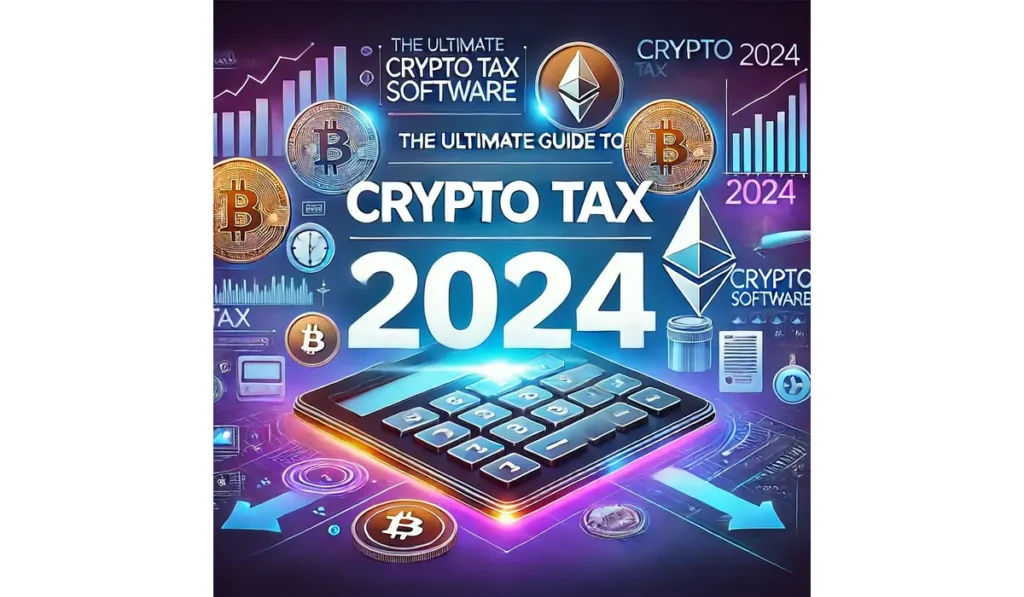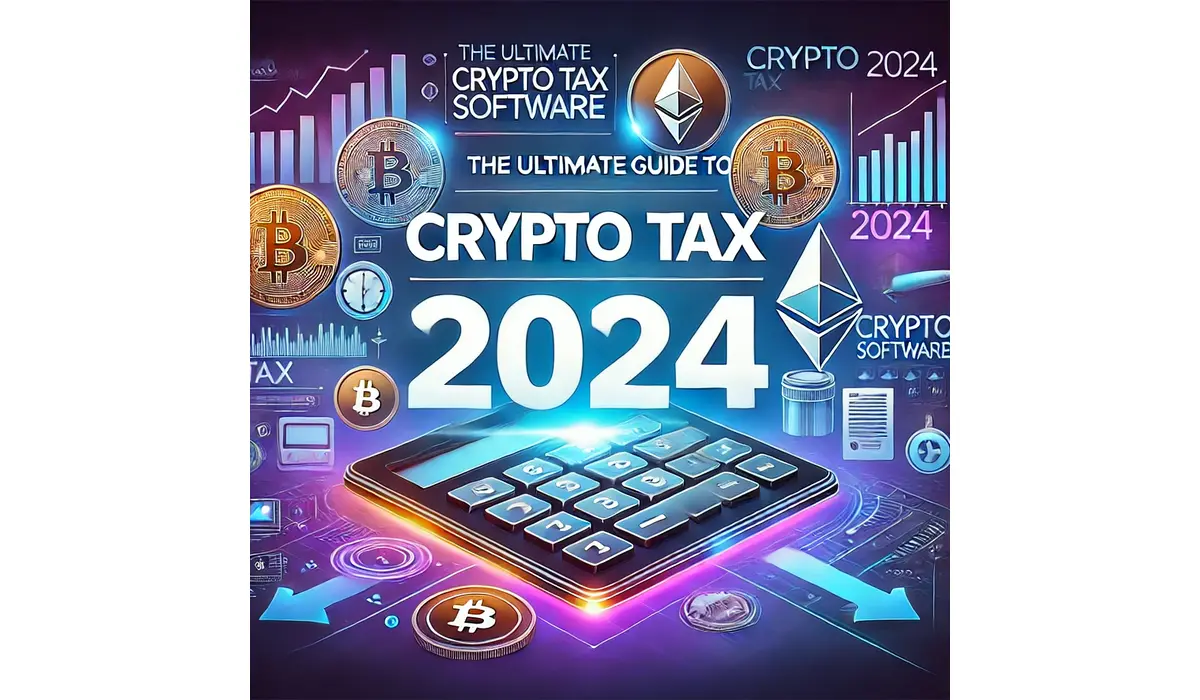
As the popularity of cryptocurrency continues to grow, tax compliance has become an essential yet challenging task for crypto enthusiasts. Navigating the complexities of digital asset taxation requires reliable tools that align with updated tax regulations. In this guide, we explore the best crypto tax software for 2024, their features, and how they can help you save time and avoid penalties.
Viral MMS
Why Do You Need Crypto Tax Software?
Cryptocurrency taxation can be intricate, involving calculations for capital gains, losses, and taxable events. The following reasons highlight why crypto tax software is essential:
- Accurate Reporting: Automated tracking and calculations reduce human error.
- Time Savings: Simplifies the process of organizing transactions from multiple wallets and exchanges.
- Compliance Assurance: Ensures adherence to the latest IRS guidelines for crypto tax reporting.
- Tax Optimization: Identifies opportunities to minimize your tax burden legally.
Key Features to Look for in Crypto Tax Software
When selecting a crypto tax software, prioritize the following features to ensure efficiency and reliability:
- Multi-Platform Integration: Compatibility with various exchanges and wallets.
- Automated Calculations: Accurate computation of capital gains, losses, and income.
- Real-Time Tax Estimation: Tools to project your tax liability throughout the year.
- Regulatory Updates: Software that adapts to evolving crypto tax regulations.
- User-Friendly Interface: An intuitive design that simplifies the tax filing process.
- Security Measures: Advanced encryption to protect your financial data.
Top Crypto Tax Software for 2024
1. CoinTracker
Overview: CoinTracker is a leading crypto tax solution with robust features and seamless integrations.
- Key Features:
- Supports over 300 wallets and exchanges.
- Automatic portfolio tracking and performance insights.
- Customizable tax reports aligned with IRS requirements.
Why It’s Great for 2024: CoinTracker’s continuous updates and support for DeFi and NFT transactions make it a top choice for diverse crypto portfolios.
2. Koinly
Overview: Koinly simplifies crypto tax calculations with a focus on user-friendliness.
- Key Features:
- Real-time tax previews.
- Easy import of transaction data from multiple platforms.
- Tax-loss harvesting analysis for strategic planning.
Why It’s Great for 2024: With detailed audit logs and international tax support, Koinly caters to both U.S. and global crypto users.
3. TokenTax
Overview: TokenTax is known for its comprehensive reporting and personalized support.
- Key Features:
- Direct integration with TurboTax and other filing platforms.
- Expert assistance for complex tax scenarios.
- DeFi, staking, and mining transaction support.
Why It’s Great for 2024: TokenTax’s tailored solutions and premium services make it ideal for high-volume traders.
4. CryptoTrader.Tax (CoinLedger)
Overview: CryptoTrader.Tax offers an efficient, straightforward solution for crypto tax filing.
- Key Features:
- Supports FIFO, LIFO, and HIFO accounting methods.
- Simplified exporting to tax filing software.
- Transparent pricing without hidden fees.
Why It’s Great for 2024: Its ease of use and integration capabilities make it suitable for beginners and advanced users alike.
How to Choose the Right Crypto Tax Software
To select the best software for your needs, consider:
- Portfolio Size: Ensure the software supports the number of transactions you process annually.
- Tax Residency: Verify that the software accommodates your country’s tax regulations.
- Transaction Types: Confirm compatibility with your activities, such as trading, staking, or NFT transactions.
- Budget: Compare pricing tiers to find a solution within your budget.
- Customer Support: Opt for software with responsive and knowledgeable support teams.
Frequently Asked Questions (FAQs)
1. Is crypto tax software necessary for small portfolios?
Yes, even small portfolios benefit from automation and error reduction. Many software options offer affordable plans for low-volume users.
2. How do crypto tax tools handle DeFi and NFT transactions?
Leading tools like CoinTracker and TokenTax have updated their features to accurately track and calculate taxes for DeFi protocols and NFT marketplaces.
3. Can crypto tax software guarantee compliance?
While software significantly reduces errors, ultimate responsibility for accurate filing lies with the user. Choose reputable tools and consult a tax professional if needed.
Final Thoughts
Crypto tax compliance doesn’t have to be daunting. With the right software, you can streamline your tax filing process, stay compliant with regulations, and focus on growing your crypto investments. By choosing a trusted solution that aligns with your unique needs, you’re one step closer to mastering cryptocurrency taxation in 2024.


